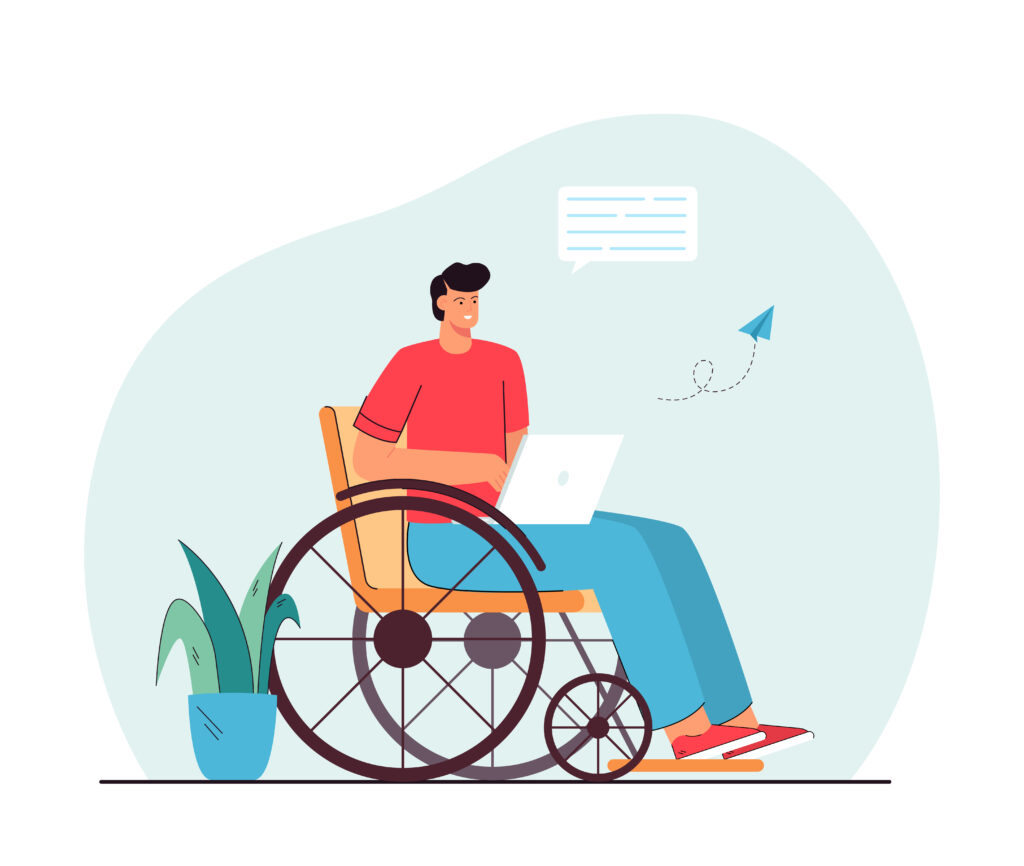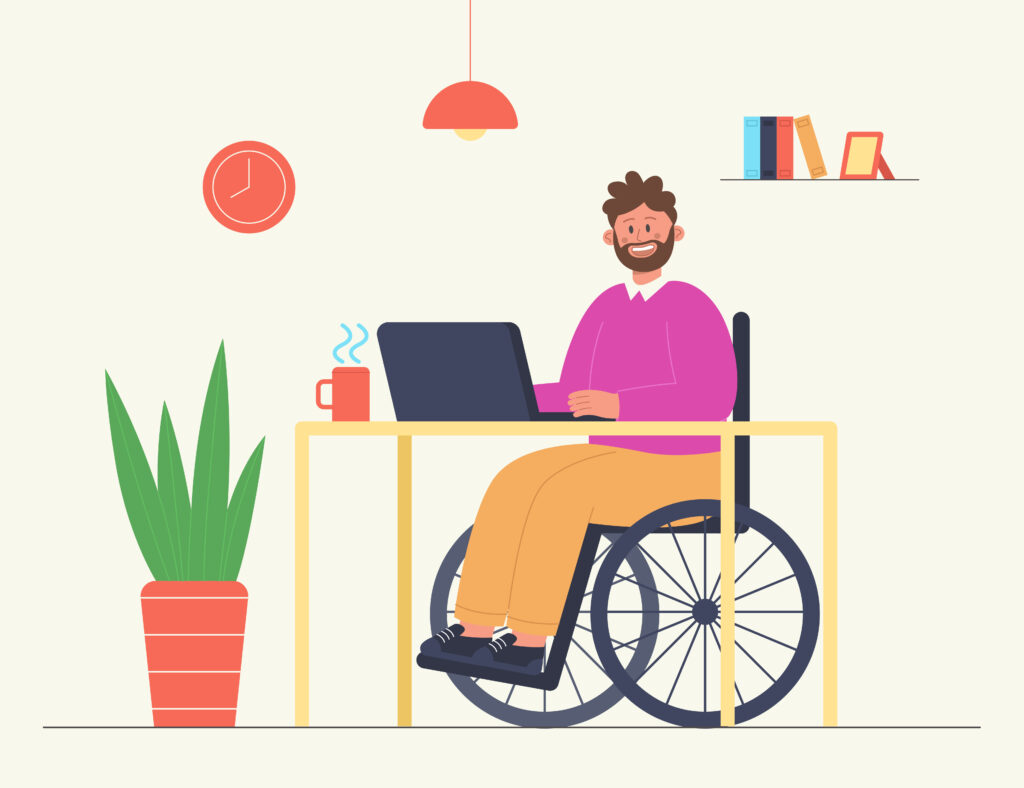Dating someone with a disability can be a unique and rewarding experience, but it can also present a set of challenges. Understanding your partner’s disability and supporting their needs are key to building a strong and healthy relationship. In this article, we will explore the unique challenges and rewards of dating someone with a disability and offer strategies for understanding, supporting, and celebrating your partner’s needs.
Understanding Your Partner’s Disability

The first step in dating someone with a disability is to educate yourself about their condition. Research and education can help you understand the diagnosis and its implications, as well as the available resources and support. Additionally, it’s important to communicate openly with your partner about their disability, asking questions and being sensitive to their emotions and experiences.
Another important aspect of understanding your partner’s disability is making accommodations and modifications in daily life and in social activities. This can include finding accessible venues and experiences, as well as making adjustments in your daily routines to better support your partner’s needs. This can be a big help for them to live their daily lives with more autonomy and comfort.
Supporting Your Partner
Supporting your partner is an essential part of any relationship, but it can be especially important when dating someone with a disability. This support can take many forms, including emotional, practical, and advocacy.
Emotional support is about being there for your partner and listening to them when they need it. This can include acknowledging and validating their feelings, even if you don’t fully understand what they’re going through. It can also mean being patient and understanding when they may need extra time to process things or when certain situations may be more difficult for them.
Practical support can involve helping with daily tasks or mobility. This can include things like driving them to appointments, assisting with household tasks, or helping them with personal care. Additionally, educating yourself about laws and benefits that could assist, like social security benefits and accessibility laws, can help make sure your partner has the resources they need to live their life as independently as possible.
Advocacy support is also important and it’s about speaking up for your partner when needed. This can include educating others about the realities of living with a disability, challenging negative stereotypes and prejudices, and advocating for your partner’s rights. Additionally, it can mean being an ally in situations where they may be marginalized or mistreated because of their disability.
It’s important to remember that everyone’s needs are different and that your partner may require different types of support at different times. Be attentive to their needs and be willing to adjust your support to meet their changing needs. Supporting your partner in a disability means understanding and accepting them for who they are and helping them live the life they want to live.
Overcoming Challenges
Overcoming the challenges of dating someone with a disability can be a significant task. Societal stigma and discrimination, as well as navigating the healthcare system, are some of the most common obstacles.
Societal stigma and discrimination can take many forms, from negative attitudes and stereotypes to outright prejudice. People with disabilities may be viewed as less capable or less worthy of love and respect, and they may face barriers in many areas of life, such as employment, housing, and education. To overcome these challenges, it is important to be aware of the societal stigma and discrimination, and to actively challenge them. Educating yourself and others, surrounding yourself with a supportive community, and standing up for your partner can help combat negative stereotypes and prejudices.
Navigating the healthcare system can also be a challenge, particularly when dealing with a disability that requires ongoing medical care. Finding quality care and services can be difficult, and it may require a great deal of time and energy. Additionally, understanding your partner’s medical needs and treatments may be overwhelming and requires education, preparation and patience.
It’s important to remember that every couple is unique and that no two people with disabilities have the same experiences. It’s essential to work together, communicate openly and honestly, and to be willing to make adjustments as needed. By doing so, you can overcome the obstacles and build a fulfilling and meaningful relationship.
Celebrating The Rewards

While dating someone with a disability can present challenges, it can also offer a number of rewards. Building deeper connections by understanding and appreciating differences, as well as being grateful for shared experiences can make the relationship stronger. Improving active listening skills, being more empathetic and understanding can be also part of the rewards. Additionally, finding new perspectives by gaining new insights into the world and discovering strengths in unexpected places can be enriching for both partners.
Conclusion
Dating someone with a disability can present unique challenges, but it can also be a rewarding experience. Understanding your partner’s disability, supporting their needs, and overcoming challenges can strengthen the relationship. Furthermore, celebrating the rewards such as building deeper connections, finding new perspectives, and learning to communicate better can make the relationship more meaningful. Open communication, education, understanding, and support are key to making the relationship work. It is important to remember that every person with a disability is unique, and that understanding and supporting each other can make the relationship stronger.


